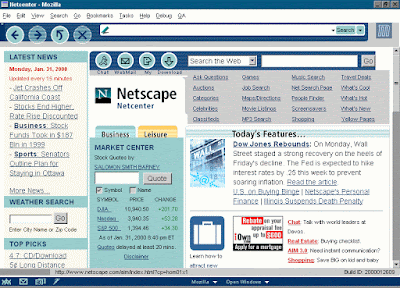Non-transformational transformation

Chugging along (hey I can see the light at the end of the tunnel!) with my review of Macro-Level Learning through Massive Open Online Courses (MOOCs): Strategies and Predictions for the Future , which started some time last year. Today under the microscope is chapter 10, which is titled Redefining the Classroom: Integration of Open and Classroom Learning in Higher Education. The abstract is as follows: The printing technology revolutionized the dissemination of knowledge at a pace never conceived of earlier. In recent times, radio and television brought education within the reach of masses. More recently, the multimedia technology, and Internet have revolutionized the delivery of education. Top universities of the world have collaborated to develop massive open online courses (MOOCs) that are made available to public either free of charge or at a nominal cost. Mainly supported by start-ups such as Coursera, Udacity, and EdX, MOOCs are mostly created ...


